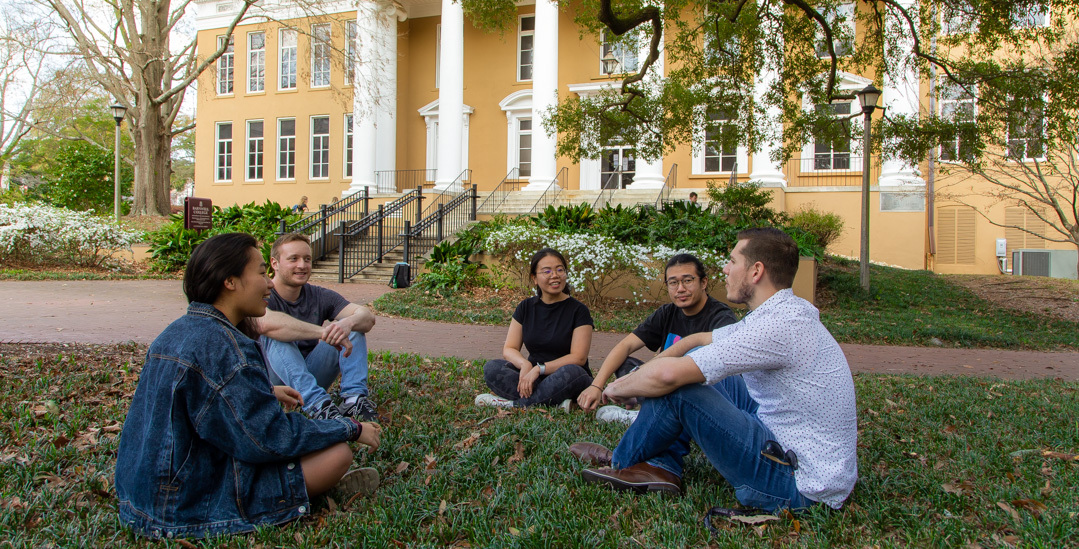Psychology is one of the most popular and nuanced academic disciplines offered at the University of South Carolina. The psychology department uses research and technology to study the brain and human behavior to solve some of humanity’s most important issues.
